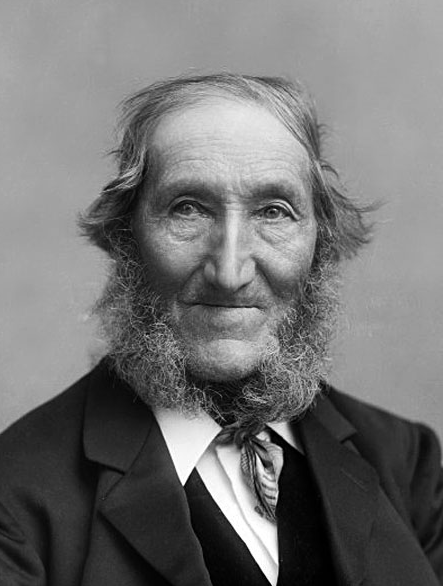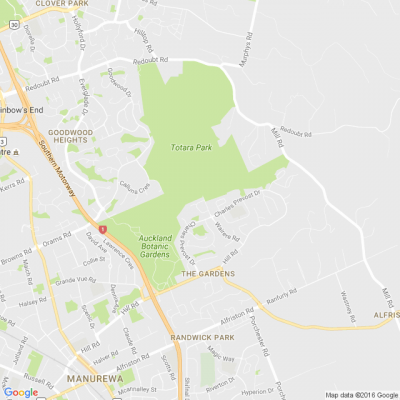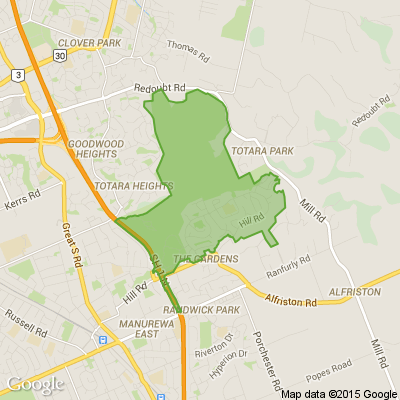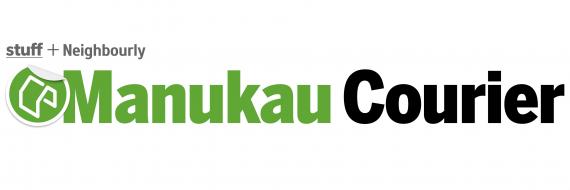Mind Your Language
Kiwibank is doing away with cheques from 2020 despite the fact that Kiwis still write some 18 million cheques a year. The language used by Kiwibank CEO, Steve Jurkovich, to announce this major change is causing a great deal of concern and even offence among a segment of Kiwibank customers.
So, what can you do to get your PR and communications challenges right when announcing major organisational changes?
Steve Jurkovich may be correct when he describes cheques as "’sunset technology’ providing a ‘shrinking service’ requiring ‘outdated’ technology that is ‘coming to the end of its useful life’" . But this is potentially offensive language for the large proportion of cheque users who are elderly. Furthermore, many of these customers are extremely vulnerable and may already be dealing with discrimination, elder abuse and the challenges of isolation and lack of mobility.
Kiwibank proposes sending out ‘personal letters’ and providing ‘tech teas’ where cheque users can learn about modern technology at their local branch. That is of course assuming that elderly customers have a computer or Smartphone and that getting to their branch isn’t a problem and that their community still has a local branch.
Kiwibank risks alienating not just the elderly but their families who will be forced to find other ways to help elderly family members make those essential daily financial transactions. Here are some steps you can follow that will help smooth any transition.
First, successful PR requires you to think about what your decisions will mean for all affected parties. Put yourself in their shoes and if you don’t know how your customers or employees think or anything about their lives you need to find out before you make major changes.
CEO Steve Jurkovich asked his 70 something year old mother what she thought of Kiwibank cancelling cheques and she was fine about it. But a survey of one person (and that person being your proud mother ) does not make a solid base for good PR communications.
Secondly, if you’re still convinced the changes are necessary for the overall health of your organisation then you need to think about how you communicate the coming changes.
Put yourself in the affected parties’ shoes and ask yourself, how will they perceive my communication? Can I ease the communication with a better choice of wording? What other steps can I take to make the transition easier for them?
Kiwibank promotes itself as a community bank for Kiwis with the aim of helping them to financial independence. With its latest announcement Kiwibank risks alienating a large number of its more vulnerable customers. Such a poorly executed PR campaign could potentially spell cheque-mate for a brand that relies on its community friendly approach.

What workplace change would you like to see most?
This coming Monday is Labour Day in New Zealand. This public holiday marks when the eight-hour workday and 48-hour workweek became law in 1899. The idea started with Samuel Parnell, a carpenter in Wellington, who in 1840 refused to work more than eight hours a day. Since skilled workers were in short supply, his employer had to agree.
As more skilled workers arrived, employers tried to change working conditions, but Parnell and others kept pushing for better rights. In 1890, Parnell led a Labour Day parade of 1,500 people to promote the eight-hour day. He passed away shortly after, and nine years later, Labour Day became an official public holiday.
Do you feel that we have reached the ideal in working environments yet? What rights are you passionate about relating to employment? Share your thoughts!

What's your favourite recipe for gooseberry?
Love gooseberries? Share your favourite way to enjoy them. We're looking for our readers' favourite family recipes for this delicious crop. Send yours to mailbox@nzgardener.co.nz, and if we use it in the magazine, you will receive a free copy of our December 2024 issue.

Six tips for improving security around your home
1) Improve outdoor lighting
Ensure that streets, driveways, and front yards are well-lit. Motion-sensor lights around homes deter trespassers by reducing hiding spots and illuminating their movements.
2) Trim your trees
Overgrown shrubs and trees provide cover for intruders. Keeping them well-trimmed around windows and doors improves visibility and reduces potential hiding spots.
3) Secure Entry Points
Ensure doors, windows, and gates are always closed when you are away from the house. Upgrade to more secure locks, deadbolts, or even smart locks for added protection.
4) Add a security camera
Place security cameras in the main entry points to your home. Doorbell cameras are also relatively cheap and a great way to keep track of who is visiting your home when you aren't there.
5) Start a Neighborhood Watch Program
You could reach out to members on Neighbourly to form a group of neighbors who can regularly keep an eye out for suspicious activity and report it. You could also check with Neighbourhood Support to see what is existing in your area.
6) Introduce yourself to your neighbours
The closer you are to your neighbors, the more likely they’ll notice when something unusual or suspicious is happening around your property
Feel free to share anything that you do around your area to deter crime.








 Loading…
Loading…